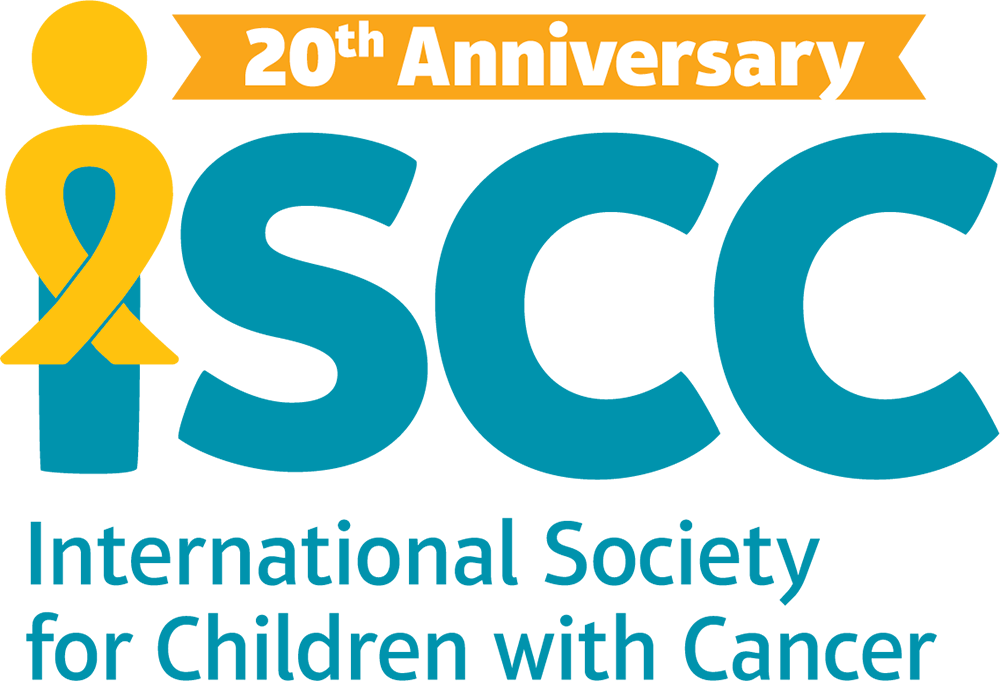Cancer is characterized by out of control growth of abnormal cells. It can affect many parts of the body and ranges in severity. The understanding that we have of cancer today, and the subsequent research and treatment options, come after several hundred years trying to understand it.
Mentions of Cancer
The earliest evidence of cancer has been found in fossilized bone tumors of Egyptian mummies. According to the American Cancer Society, the earliest reference to cancer is located in a part of an ancient Egyptian textbook about trauma surgery. Although this textbook does not make use of the word “cancer,” it describes different tumor and ulcer cases.
The Word Cancer
The word “cancer” comes from Hippocrates, who used the words “carcinoma” and “carinos” to describe tumors. He chose this word, which means “crab,” because of the way the projections from cancer resemble a crab shape. Later, Roman physician Celsus translated the term into “cancer.”
Understanding Cancer
Scientists really started to understand the body better in the 15th century. Autopsies became regular practice in 1761, which helped contribute to understanding of blood circulation. In the 18th century, Scottish surgeon John Hunter suggested that some cancers could be cured with surgery. In the 19th century, Rudolf Virchow contributed greatly to the study of cancer with the use of microscopes.
Since cancer was first discovered, many theories have revolved around it. Some believed that cancer was caused by a body imbalance or trauma. Others thought for a time that cancer was a contagious disease. Many scientists believed that cancer was made up of lymph before it was determined in 1838 to actually be made up of cells.
Over the years, screenings have developed and treatment options have rapidly moved forward, such as chemotherapy and hormone therapy. With new technological advances occurring all of the time, and plenty of experienced scientists seeking to understand more about cancer, we can expect much more understanding and options moving forward.

